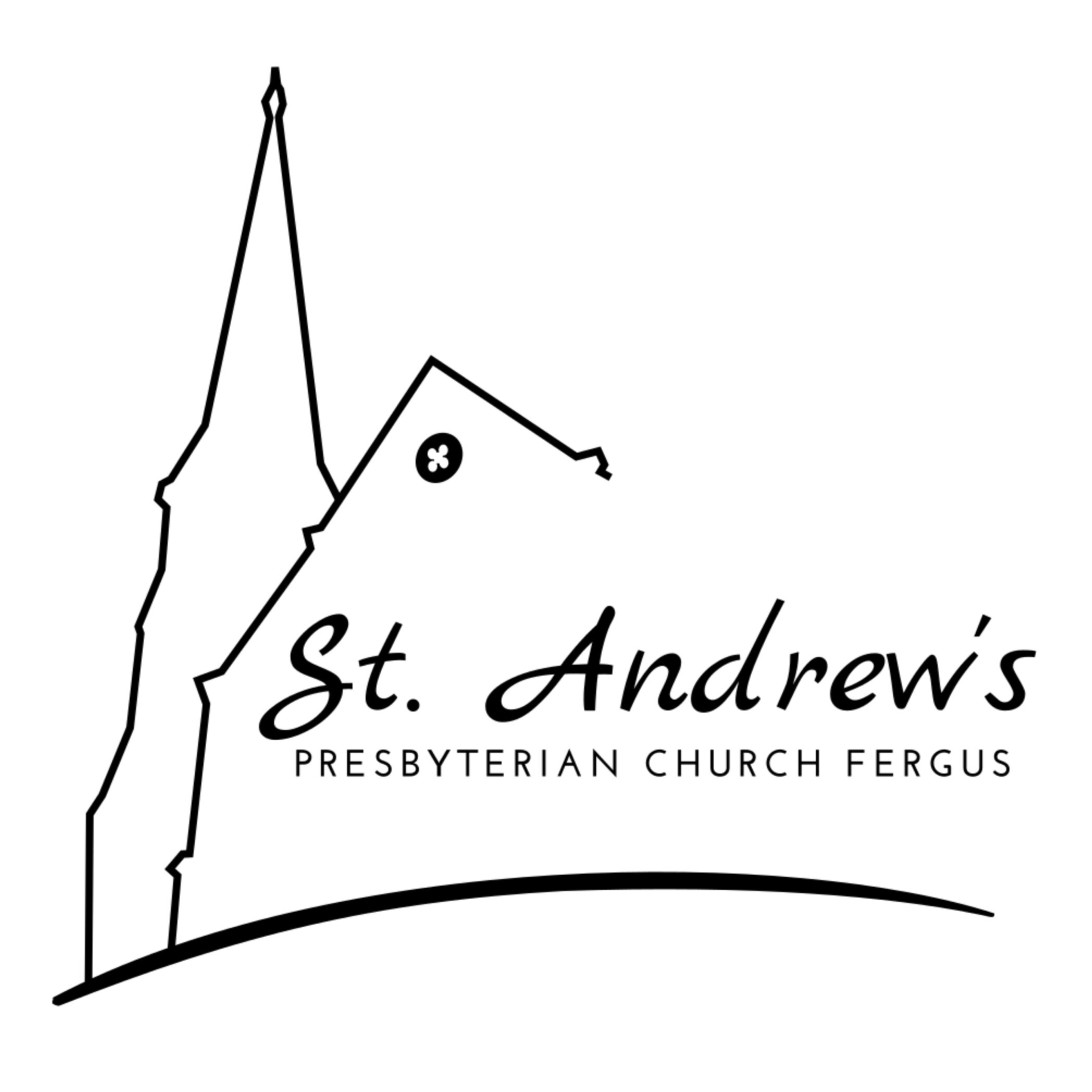Come and hear…what God has done
Psalm 66
To the leader. A Song. A Psalm.
1 Make a joyful noise to God, all the earth;
2 sing the glory of his name; give to him glorious praise.
3 Say to God, “How awesome are your deeds!
Because of your great power, your enemies cringe before you.
4 All the earth worships you; they sing praises to you, sing praises to your name.” Selah
5 Come and see what God has done: he is awesome in his deeds among mortals.
6 He turned the sea into dry land; they passed through the river on foot.
There we rejoiced in him, 7 who rules by his might forever,
whose eyes keep watch on the nations—let the rebellious not exalt themselves. Selah
8 Bless our God, O peoples, let the sound of his praise be heard,
9 who has kept us among the living, and has not let our feet slip.
10 For you, O God, have tested us; you have tried us as silver is tried.
11 You brought us into the net; you laid burdens on our backs;
12 you let people ride over our heads; we went through fire and through water;
yet you have brought us out to a spacious place.
13 I will come into your house with burnt offerings; I will pay you my vows,
14 those that my lips uttered and my mouth promised when I was in trouble.
15 I will offer to you burnt offerings of fatlings, with the smoke of the sacrifice of rams;
I will make an offering of bulls and goats. Selah
16 Come and hear, all you who fear God, and I will tell what he has done for me.
17 I cried aloud to him, and he was extolled with my tongue.
18 If I had cherished iniquity in my heart, the Lord would not have listened.
19 But truly God has listened; he has given heed to the words of my prayer.
20 Blessed be God, because he has not rejected my prayer
or removed his steadfast love from me.
This psalm is remarkably honest about the people of Israel’s relationship with God.
There are 5 stanzas and then a final pair of lines. The first two stanzas (1-4 and 5-7) celebrate God’s greatness. The first stanza invites the praise of God because of his might and greatness, no specifics proving God as great and mighty are given. The second stanza offers praise to God because he brought the people of Israel through the Red Sea to safety, and then brought them across the Jordan River into the Promised Land. These are specific things God has done. Vs. 7 ends with a warning to the rebellious. This line foreshadows what happened next to the people of Israel.
Stanza 3 (vs. 8-12) there were difficult times. The rebelliousness of the people led to them being “tested” and “tried”. They were caught in “the net”; people rode “over their heads”, “burdens” were laid on their backs. Yet in all of those trials, God kept them among the living. God brought them through. Bringing them to a spacious place – a place where they were able to flourish. And so in Stanza 4 (vs. 13-15) the psalm writer will bring offerings to God, will say “thank you” to God.
“Thank you” to God is not enough, as Stanza 5 (Vs. 16-20), there is a story of God’s faithfulness to be told widely and loudly. Vs. 16 – “I will tell you what God has done”. God is active in our world, and we have a story to tell of God’s action in the world, God’s action in our lives. We like the psalm writer are invited to tell that story, a story of God’s faithfulness.
PRAYER:
God of grace, you are the glorious one who has acted for our God. Even when we wandered from you, you have been steadfast in your love for us. And we are grateful for your mercy towards us. Give us the courage to tell the story of your action in our lives and in this world. These things we pray in Jesus’ name. Amen.
